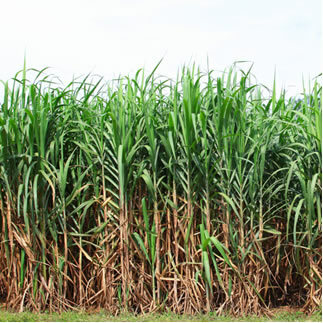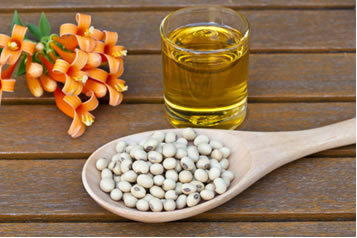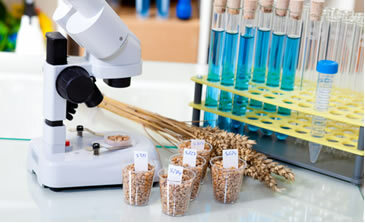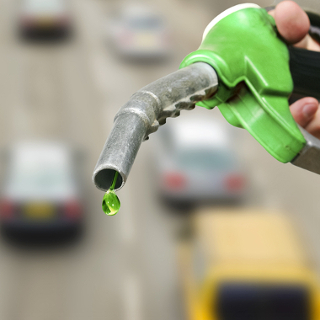The world currently has a great need for alternative fuels to petroleum products, which less pollute the environment, are renewable and can be produced economically viable. Biofuels, such as biodiesel and ethanol, have become increasingly popular in this regard.
However, another factor that has increased the discussion about the production and use of biofuels is how it can affect the production and price of food. After all, in Brazil, the main raw material used in the production of ethanol is sugarcane, which is also used in the production of sugar and starch materials.

In the United States, corn is used to produce ethanol, which is widely used to produce breakfast cereals and poultry feed. It is true that ethanol production has affected the price of these materials and the costs of beef and pork products, since corn is used in their feed as well.
Among the possible solutions to this problem are the second and third generation of bioethanol production, which is, respectively, the use of plant cellulose and the use of seaweed.
Cellulose from plants involves the use of biomass not used in food, such as waste from food processing, such as trunks, leaves and straw - in the case of sugarcane, bagasse is used - as well as vegetables that are not consumed, such as grass and small bushes. Algae, on the other hand, have also proved to be effective because, in addition to not being used as food, they represent a very high yield compared to sugarcane and corn crops.
In the case of biodiesel, the raw material is fatty materials of vegetable and animal origin, mainly vegetable oils, and in Brazil the main one used is soy, which is also used in food. But here the biggest problem is not soy food, because the oil used in the production of biofuels is a by-product of the soy industry. The point is that this oil is also used in food in the case of frying, creating an impasse on which end is best for him.

Do not stop now... There's more after the advertising ;)
So, the algae biodiesel may be a solution in that case. For more information about these types of biofuels, read the texts Algae Biodiesel and Algae Bioethanol.
Brazil also has a great advantage in this regard, as it is endowed with a large tract of land arable, it has variations in soil and climate, as well as a great diversity of plant species for each region. This allows the exploration of other cultures that do not affect food, such as the cotton it's the Jatropha.
However, it is important to emphasize that the increase in food prices and their low production is not biofuels as their only villain, it is necessary to take into account other factors. Among them are agricultural subsidies imported from the United States and the European Union, having in since they prevent producers from emerging countries from being able to compete on an equal footing with they. To resolve this issue, it would be necessary for rich countries to eliminate the barriers and subsidies that choke production in emerging countries.
To also avoid these possible food crises, biofuel production programs must establish effective rules. As happened in the case of National Program for the Production and Use of Biodiesel in Brazil, which encouraged family farming and demanded that producers of raw materials for production biofuels also had a growing area of these vegetables destined for food production.
It is also necessary to invest in techniques that increase food production and combat climatic factors, such as droughts, which reduce food production and increase food prices.

Finally, the biggest problem of world hunger is the concentration of income.
Governments need to address this issue, given these and other factors involved, and take long-lasting decisions, not hasty and immediate, but that they are realistic and meet these two essential factors for man (biofuels and food), walking together in a balanced and sustainable way.
By Jennifer Fogaça
Graduated in Chemistry
Would you like to reference this text in a school or academic work? Look:
FOGAÇA, Jennifer Rocha Vargas. "Food and Biofuels"; Brazil School. Available in: https://brasilescola.uol.com.br/quimica/alimentos-biocombustiveis.htm. Accessed on June 28, 2021.

